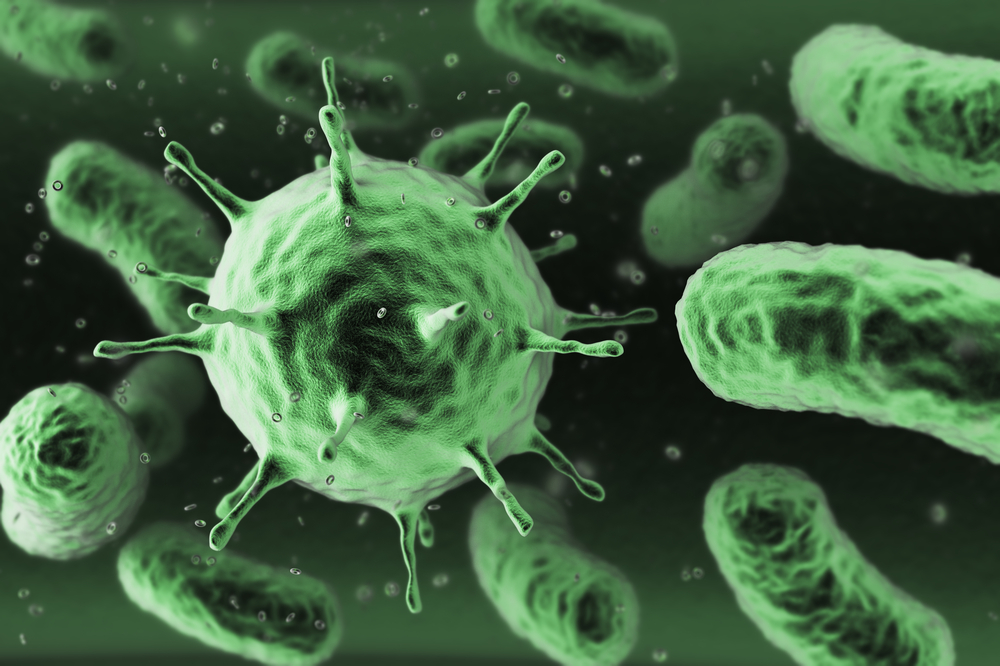
The threat of antibiotic-resistant superbugs could be quashed due to a bacteria-fighting compound residing in our noses, called lugdunin.
A team of German scientists from the University of Tuebingen found this substance was produced by Staphylococcus lugdunensis (S. lugdunensis), a bacterium that resides in the nostrils, reported Reuters.
Lead researcher Andreas Peschel told reporters during a phone briefing that his team examined the nasal cavity because it houses a diverse ecosystem of an estimated 50 different species of bacterial, and serves as a focal point for the start of many viral infections.
Please follow R&D Magazine on LinkedIn
Experiments with lugdunin were conducted in two parts. The first focused on mice where the results showed the compound was able to successfully stave off a skin infection induced by Staphylococcus aureus (S. aureus) as well as certain strains of methicillin-resistant Staphylococcus aureus (MRSA), according to Reuters.
Next, the scientists studied nasal swabs from 187 hospital patients. Only 5.9 percent of the patient samples who had the lugdunensis bacterium living in their noses also hosted S. aureus indicating these microbes were keeping their infectious brethren at bay. By contrast, 34.7 percent of participants were found to have S. aureus in their noses with no traces of lugdunensis.
This research is in its very early stages, but it does highlight the potential for microbiome research as an R&D tool for new drugs, wrote Fortune. Previous efforts have focused on using gut bacteria living in the stomach as a future disease treatment. Lugdunin could mean the human body hosts another set of beneficial microorganisms.
The study was published in the journal Nature.
Filed Under: Drug Discovery



